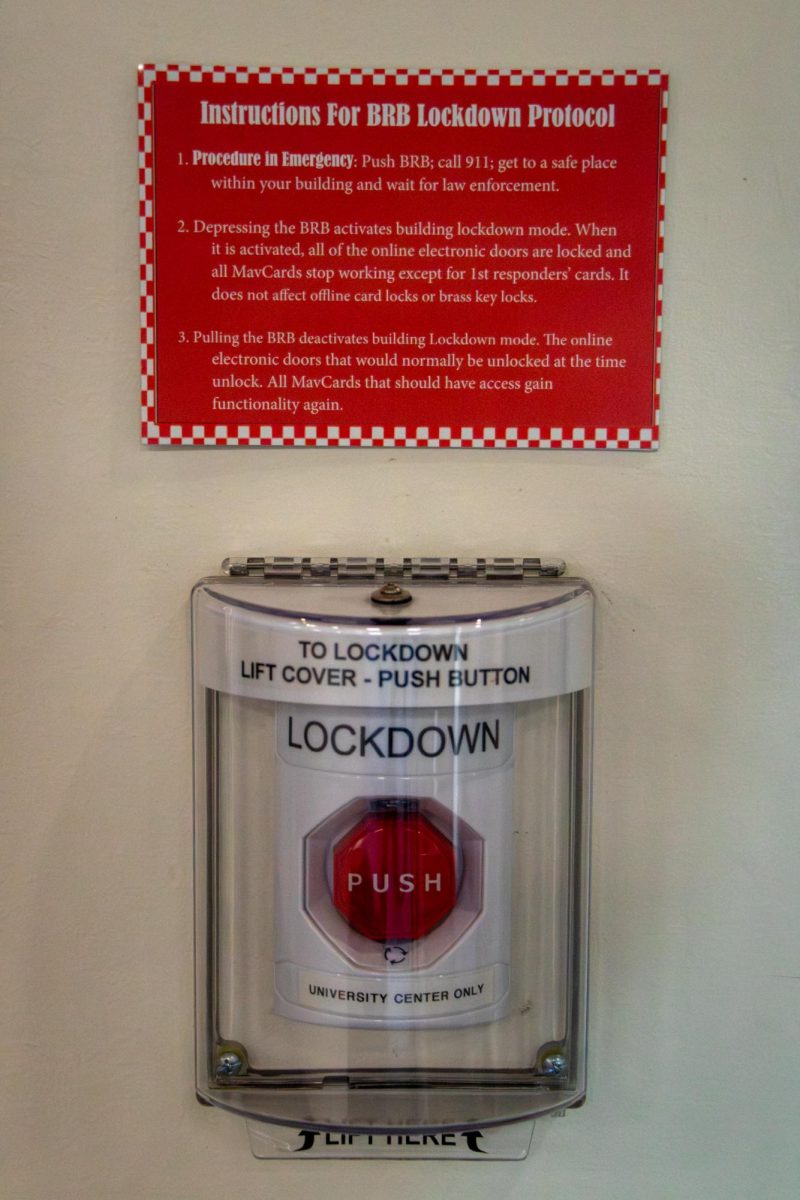
by Becky Wright
A neighborhood at 2845 North Avenue continues to recover after a police officer involved shooting on Sunday, Sept. 4. The incident began when a woman from the residence in lot #4 of the Shamrock Motel and Mobile Home Park called 911 at 3:47 p.m..
According to the Grand Junction Police Department (GJPD), the woman told 911 operators she was afraid for the safety of her children. GJPD spokeswoman Megan Terlecky said the woman reported her husband was acting erratically and may have been armed with several knives.
“Concerned for the welfare of the children, Grand Junction
police officers made contact with the man inside the home at 2845 North Ave. No. 4,” Terlecky said. “A shooting occurred shortly thereafter, and the man died at the scene. No one else was hurt in the shooting.”
Neighbor Donnie Friar was home at the time of the shooting. “I was cleaning around the house and had the windows open,” Friar said. “First, I heard a man shouting. Then I heard what sounded like about three pops, from something like a firecracker. And then about 10 minutes later I heard all of the sirens.”
Friar has lived in the small mobile home park for just over two years. He said that the community is primarily retirees and that crime of any kind is not the norm.
“That home, and the one across from it where their cousins live, seems like they were the ones that stood out,” Friar said. “This used to be a 55 plus retirement community and it is usually quiet. The only problems have come from those two homes. So, I guess it wasn’t a huge surprise that it happened.”
The entrance to the mobile home park was blocked off to traffic all of Sept. 4 and into the next morning. Residents were asked to park their vehicles at the entrance to the mobile home park and were then escorted on foot by officers to their respective homes. Lucas Foote also lives in the park.
“I had been working all day, when I got home the police told me I needed to park my car and they would walk me to my house,” Foote said. “Before we started walking the officer told me we would be walking by a crime scene and that family members of a deceased individual were sitting outside of the home we were going to walk by. It was just really sad. It made me think how it could happen anywhere to anybody.”
Names of the victims and the deceased have not been released. The responding officer has been placed on paid administrative leave, a standard procedure under these circumstances.
The sheriff’s office will lead an investigation with help from other agencies. A response team was activated, including Grand Junction police, the sheriff ’s office, the Fruita and Palisade police departments, the State Patrol, the 21st Judicial District attorney’s office and the Colorado Bureau of Investigation.







